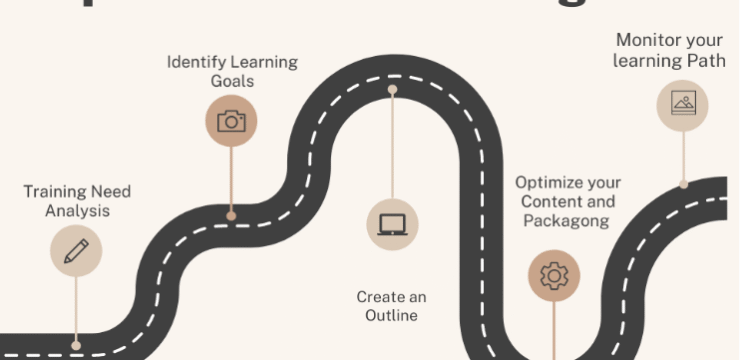In today’s digital world, knowing how to find accurate and reliable information online is more important than ever. Whether you’re a student, a professional, or just someone who loves learning, improving your online research skills can save you time, reduce confusion, and help you make smarter decisions.
1. Start with a Clear Question
Before you even open a search engine, think about what you’re really trying to learn. Instead of searching “climate,” for example, try “How does climate change affect agriculture in North America?” The more specific your question, the better your results will be.
2. Use Trusted Search Engines and Tools
Google is great, but there are also other tools you can use. Google Scholar, for instance, is fantastic for academic sources. Sites like JSTOR or government domains (.gov) and educational domains (.edu) often provide verified and peer-reviewed information.
3. Evaluate the Source
Not all websites are created equal. When you land on a page, ask yourself:
-
Is this a credible website?
-
Who wrote the article?
-
Is there an author or organization listed?
-
Are there citations or references?
Try to rely on sources that are well-known for their accuracy, such as reputable news outlets, educational institutions, and official organizations.
4. Look at More Than One Source
Even if a website looks reliable, it’s smart to double-check the information. Try to find the same facts on at least two or three reputable websites. This helps confirm accuracy and gives you a broader perspective.
5. Use Advanced Search Techniques
Learning a few search tips can improve your results:
-
Use quotes: Searching for
"renewable energy benefits"will find that exact phrase. -
Use a minus sign to exclude:
jaguar -carwill help you avoid results about vehicles if you’re looking for the animal. -
Use site-specific searches:
site:nytimes.com electric carswill only show you articles from The New York Times.
6. Keep Your Notes Organized
As you research, jot down key points, URLs, and publication dates. Use a digital note-taking tool or spreadsheet to stay organized. This helps especially if you need to go back and find a source later.
7. Be Aware of Bias
Everyone has a point of view, even websites. Be mindful of whether a site is trying to sell something, promote an opinion, or push a certain agenda. Balanced information usually presents multiple sides of an issue.
8. Stay Safe Online
Always be cautious when clicking unfamiliar links or downloading files. Stick to well-known and secure websites, and don’t share personal information on sites that seem suspicious.






